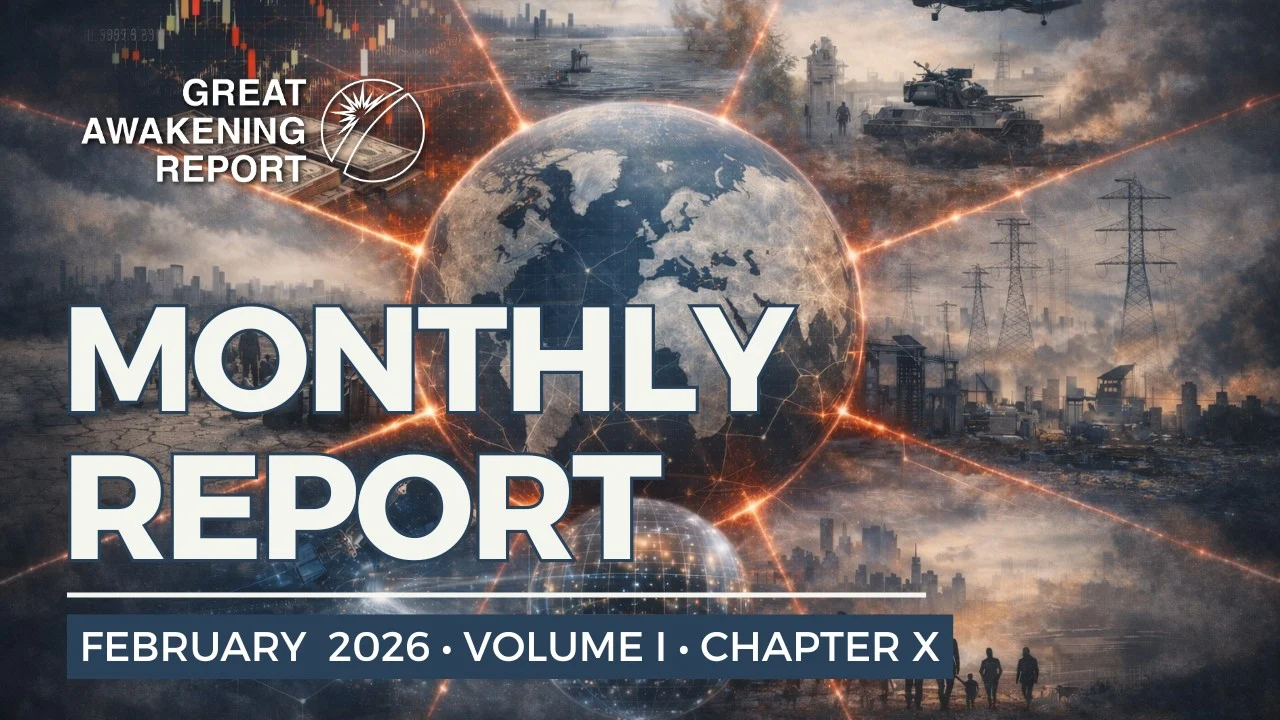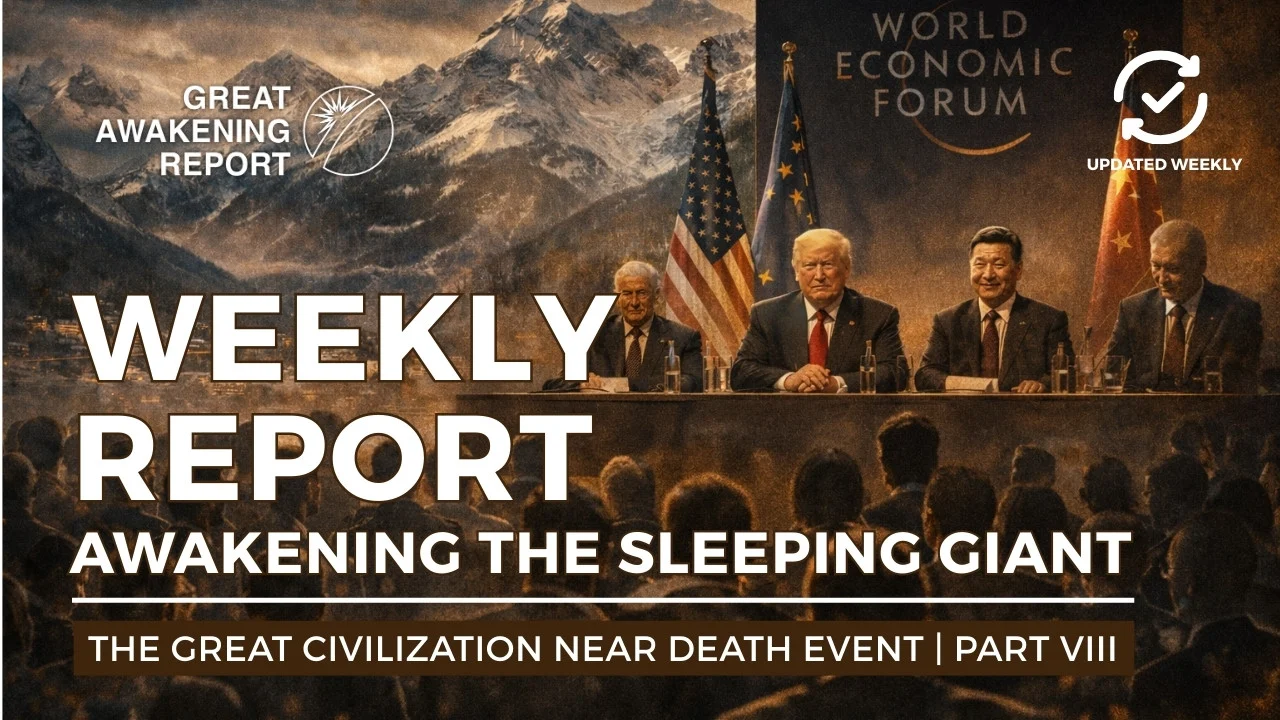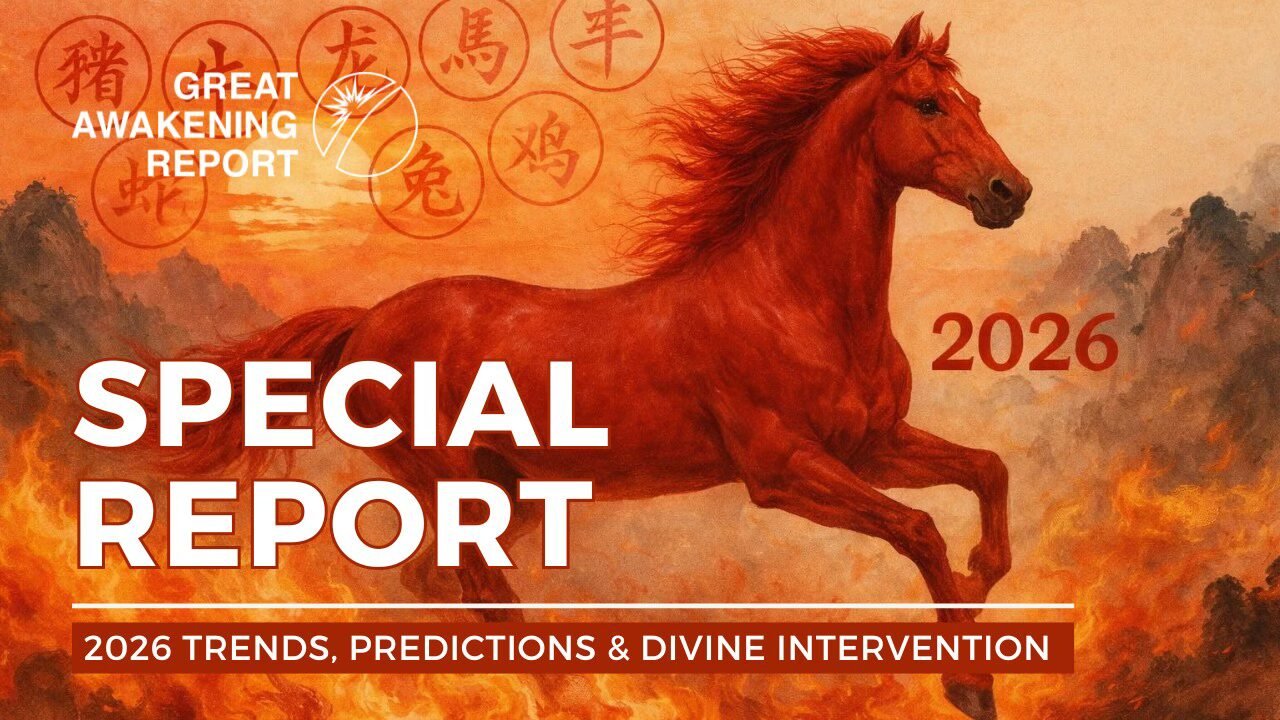Help Us Bypass Censorship. Share This.
How Energy, Supply Chains, and Policy Converged to Reshape Europe’s Industrial Core
Germany—long hailed as the engine of Europe’s manufacturing power—is now facing a reckoning decades in the making. What was once a model of efficiency and stability has become a reflection of systemic fragility. Rising energy costs, supply chain paralysis, and digital dependency have collided with geopolitical strain to form an industrial storm that no longer appears cyclical, but structural.
At the heart of the issue lies a fundamental imbalance: production systems built on global integration now face the consequences of that very interdependence. The crisis unfolding in Germany is not merely an economic slowdown—it’s a mirror held up to the globalized economy itself, exposing its weak points: energy dependency, regulatory capture, and overreliance on distant digital supply chains.
From Industrial Giant to Economic Pawn
Germany’s economic miracle of the late 20th century was built on affordable energy, precision engineering, and global exports. Today, each of those pillars has been compromised. The energy crisis—amplified by reliance on Russian gas—has driven costs beyond what manufacturers can sustain. In 2023, multiple sectors reported record-high operational expenses, forcing temporary plant closures and downsizing of production capacity.
Compounding this is a regulatory transition that has left many companies uncertain. The push toward renewable energy and digital compliance has created new overhead for firms already struggling with inflation and labor shortages. While the intentions behind these transitions may be sound, the speed and politicization of implementation have eroded stability. As one industrial analyst noted, “Germany’s green transition was designed for prosperity—now it’s being managed under scarcity.”
What we are witnessing is not simply policy failure, but the limits of globalization itself. When energy, materials, and logistics depend on fragile networks controlled by external forces, sovereignty—and sustainability—begin to fracture.
The Semiconductor Bottleneck: A Manufactured Scarcity?
The global semiconductor shortage remains one of the most defining industrial disruptions of the decade. Originating in the pandemic’s production freeze, the crisis quickly revealed a deeper problem: technological monopolies and geopolitical bottlenecks.
Semiconductors are the lifeblood of modern manufacturing—from vehicles to defense systems—and yet over 75% of global production is concentrated in East Asia. When borders tightened and logistics faltered, Europe found itself dependent on distant suppliers for critical infrastructure. The result: rolling production halts across the automotive sector, including Volkswagen, BMW, and Mercedes-Benz.
Industry observers argue that this scarcity was not entirely accidental. As Western economies outsourced chip manufacturing to cut costs, they handed both strategic control and innovation capacity to a narrow cluster of global tech producers. Now, with the U.S.–China trade conflict escalating, chip access has become a geopolitical weapon—further fragmenting global supply chains.
The lesson is clear: in a digitized economy, sovereignty is measured not by GDP, but by control over essential technologies.
Volkswagen’s Shutdowns and the Fragility of Global Systems
Volkswagen’s repeated production halts are symptomatic of a deeper systemic problem: a global industrial model optimized for efficiency at the expense of resilience. In 2023, the automaker faced ongoing chip shortages that forced temporary shutdowns across several German plants, resulting in the loss of hundreds of thousands of vehicles from production schedules.
Behind those numbers are real human consequences—reduced hours, layoffs, and economic anxiety spreading through communities that once defined industrial stability. The problem is not unique to Volkswagen; it’s structural. Centralized manufacturing networks, built for just-in-time precision, have become brittle under prolonged stress.
Volkswagen’s attempts to diversify suppliers and localize component sourcing mark an early step toward recovery, but they also underscore a deeper truth: the age of hyper-efficiency is giving way to the age of redundancy and resilience. The companies that survive will be those that decentralize, innovate, and re-establish local control over production inputs once considered secure.
The Ripple Effect: When the Core Wobbles, the Periphery Breaks
As the largest economy in Europe, Germany’s industrial slowdown reverberates far beyond its borders. Supply networks stretch across dozens of nations, and when a major hub stalls, thousands of smaller enterprises feel the aftershock. Suppliers tied to Volkswagen’s production cycles have already reported insolvencies, while neighboring economies such as Poland, the Czech Republic, and Austria face decreased export orders and rising unemployment pressures.
Financial markets have begun to reflect these structural tremors. Analysts warn that if the industrial contraction persists, it could trigger a regional recession, undermining the Eurozone’s already fragile monetary stability. Energy volatility adds another layer of unpredictability, with fluctuating prices threatening to undo recovery progress made since 2020.
In essence, Germany’s struggles highlight a truth few policymakers acknowledge: in a fully integrated economic model, collapse is never isolated—it cascades.
The Energy Trap: Between Green Policy and Geopolitical Leverage
Germany’s ambitious energy transition—designed to lead the world in sustainability—has collided with geopolitical reality. The sudden pivot away from Russian energy left gaps that renewable infrastructure could not immediately fill, forcing a reversion to costly imports and increased coal dependency. This contradiction exposes the delicate balance between idealism and pragmatism in the global energy narrative.
For industries dependent on affordable and reliable energy, the consequences have been severe. Chemical plants, foundries, and automotive assembly lines have been forced to curtail operations or relocate production to regions with more stable supply. Meanwhile, the push toward digital “green” solutions risks embedding industries deeper into the same globalized dependencies that caused the crisis in the first place.
Energy independence, once viewed as an environmental goal, is now emerging as the cornerstone of national sovereignty. True sustainability will not come from compliance with global carbon mandates—but from empowering nations to produce and store their own energy with transparency, innovation, and local accountability.
The Path Forward: Toward Decentralized Production and Economic Sovereignty
The collapse of confidence in Germany’s industrial base is not just a national problem—it’s a wake-up call for the world. The same conditions that made German manufacturing a symbol of global efficiency now make it vulnerable: over-optimization, under-diversification, and political entanglement.
A new economic model is emerging—one that prizes resilience over speed, and sovereignty over scale. Germany’s recovery will depend on rebuilding from the inside out: diversifying supply chains, investing in local chip and energy production, and redefining industrial success as sustainability with integrity.
This shift aligns with a broader global awakening. The illusion of endless growth within centralized systems is fading, replaced by a recognition that resilience begins where dependency ends. Germany’s struggle marks not the decline of an industrial empire, but the birth of a new paradigm—one grounded in transparency, adaptability, and decentralized strength.
Wrap-Up: The Lesson Beneath the Collapse
Germany’s industrial unraveling isn’t an isolated failure — it’s a reflection of a global system stretched past its limits. The old world was designed for control: centralized supply chains, top-down governance, and profit models that prized scale over stability. That architecture is now breaking under its own weight.
Yet collapse always conceals creation. What looks like industrial decline is also an opportunity to rediscover integrity in production — to rebuild economies that serve people and planet, not the endless churn of debt and dependency. Germany’s struggle invites every nation, business, and citizen to ask: What do we truly value — growth without grounding, or sovereignty with purpose?
The next industrial revolution won’t be forged in steel and oil, but in transparency, collaboration, and local empowerment. Factories will return to regions that honor craftsmanship, not exploitation. Energy will flow through decentralized networks instead of monopolized grids. And the measure of prosperity will shift from GDP to generational wellbeing.
The Great Economic Awakening is not just about financial systems — it’s about remembering that the true economy is the exchange of life itself: energy, innovation, and trust. As Germany stands at the threshold between collapse and rebirth, so too does humanity. The blueprint for renewal is already here — we need only the courage to build it differently.
Help Us Bypass Censorship. Share This.
Have questions?
At Great Awakening Report, we are dedicated to supporting your journey toward truth and enlightenment through our specialized Coaching and Consulting services.
Coaching Services: Our coaching programs are designed to guide you through personal awakening and transformation. We offer personalized sessions that focus on expanding consciousness, uncovering hidden truths, and fostering spiritual growth. Our experienced coaches provide the tools and insights necessary to navigate your path with clarity and confidence.
Consulting Services: For organizations and individuals seeking deeper understanding and strategic guidance, our consulting services offer expert analysis and solutions. We delve into areas such as global transitions, alternative news insights, and consciousness studies to provide comprehensive strategies tailored to your unique objectives.
Embark on a transformative journey with our Coaching and Consulting services, and unlock your highest potential. To learn more and schedule a session, visit our Coaching and Consulting pages.
Thank you
Thank you to our subscribers and readers for your continued support and dedication to truth and awakening. Your encouragement, engagement, and belief in our mission make everything we do possible. Together, we are expanding awareness and helping illuminate the path forward.
If you would like to further support the Great Awakening team and our ongoing efforts to share insight, knowledge, and truth, you can DONATE HERE.
With deep gratitude,
– Great Awakening Team
DISCLAIMER: All statements, claims, views and opinions that appear anywhere on this site, whether stated as theories or absolute facts, are always presented by The Great Awakening Report (GAR) as unverified—and should be personally fact checked and discerned by you, the reader.Any opinions or statements herein presented are not necessarily promoted, endorsed, or agreed to by GAR, those who work with GAR, or those who read or subscribe to GAR.Any belief or conclusion gleaned from content on this site is solely the responsibility of you the reader to substantiate.Any actions taken by those who read material on this site are solely the responsibility of the acting party.You are encouraged to think for yourself and do your own research.Nothing on this site is meant to be believed without question or personal appraisal.
COPYRIGHT DISCLAIMER: Citation of articles and authors in this report does not imply ownership. Works and images presented here fall under Fair Use Section 107 and are used for commentary on globally significant newsworthy events. Under Section 107 of the Copyright Act 1976, allowance is made for fair use for purposes such as criticism, comment, news reporting, teaching, scholarship, and research.
COMMUNITY GUIDELINES DISCLAIMER: The points of view and purpose of this video is not to bully or harass anybody, but rather share that opinion and thoughts with other like-minded individuals curious about the subject.










